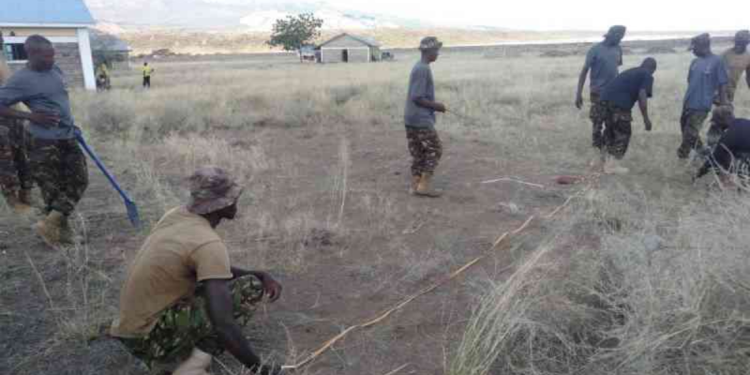December has brought an unusual calm to Kerio Valley, a region once synonymous with gunfire and violent livestock raids. Life in the area appears transformed, with a newfound silence replacing the chaos that gripped the valley for years.
A year ago, gunshots echoed across the region, with weekly burials becoming the norm as merciless bandits terrorized villages. According to a report by the National Crime Research Centre titled “Managing the Dangerous Drift in Livestock Rustling and Banditry in Kenya”, November and December were peak months for livestock raids, with such crimes accounting for 37% of cases in Baringo, Elgeyo Marakwet, and West Pokot counties.
Animosity among the Pokot, Tugen, and Marakwet communities had escalated to unprecedented levels, sparing no place, not even sacred spaces like churches.
Elgeyo Marakwet Governor Wisley Rotich recalled the dark times:
“We attended burials every weekend, with Fridays reserved for collecting bodies from Iten County Referral Hospital. It was endless pain. Today, I am grateful for the peace and pray it endures.”
The once-vibrant Chesegon market remains deserted, but county leaders have pledged its revival. Meanwhile, schools that were once shut down due to insecurity are slowly resuming operations.
The turnaround is credited to decisive government action, including deploying military forces to the region and establishing camps in strategic areas such as Todo, Sammo, and Kamologon. The military’s presence disrupted bandit escape routes and restored order.
Governor Rotich emphasized the importance of shifting from livestock-based livelihoods to crop farming, a move aimed at transforming local mindsets. Farmers in the region, like Bernard Chepkoiyo, have already embraced this change.
“For the first time in years, I wake up to silence instead of gunshots. I can tend my beans farm without fear. This is truly a new dawn,” said Chepkoiyo from his farm in Koitilial, Kerio Valley.
The three county governors—Simon Kachapin (West Pokot), Benjamin Cheboi (Baringo), and Wisley Rotich (Elgeyo Marakwet)—have united to advocate for lasting peace. Their efforts include establishing security roads, compulsory school enrolment, and enhancing government presence in remote areas.
As peace takes hold, hopes are high that Kerio Valley will fully recover, with its residents enjoying safety and opportunities for growth.
















